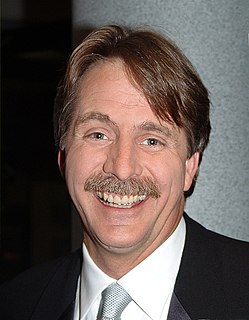A Quote by Anton Chekhov
If there is a gun hanging on the wall in the first act, it must fire in the last.
Related Quotes
My own experience is that once a story has been written, one has to cross out the beginning and the end. It is there that we authors do most of our lying . . . one must ruthlessly suppress everything that is not concerned with the subject. If, in the first chapter, you say there is a gun hanging on the wall, you should make quite sure that it is going to be used further on in the story.
Pulling a gun's trigger can be an appalling act. But if it is suicidal drawing fire to save someone, it has an utterly different meaning. Placing your hand on someone's arm can be an act of deep compassion or the first step of betrayal. The punch line? It's all about context, and the biology of context is vastly more complicated than the biology of the behavior itself.
And then she realized that his presence was the wall, his presence was destroying her. Unless she could break out, she must die most fearfully, walled up in horror. And he was the wall. She must break down the wall. She must break him down before her, the awful obstruction of him who obstructed her life to the last. It must be done, or she must perish most horribly.
My first experience in a movie theater was Dick Tracy. There was a scene with a guy with a Tommy gun and a wall of fire behind him. I panicked, screamed, and jumped out of my seat. And I ran six New York city blocks, running into the street and almost got hit by a bunch of cars and had my mom chasing after a panic-stricken four-year-old.































